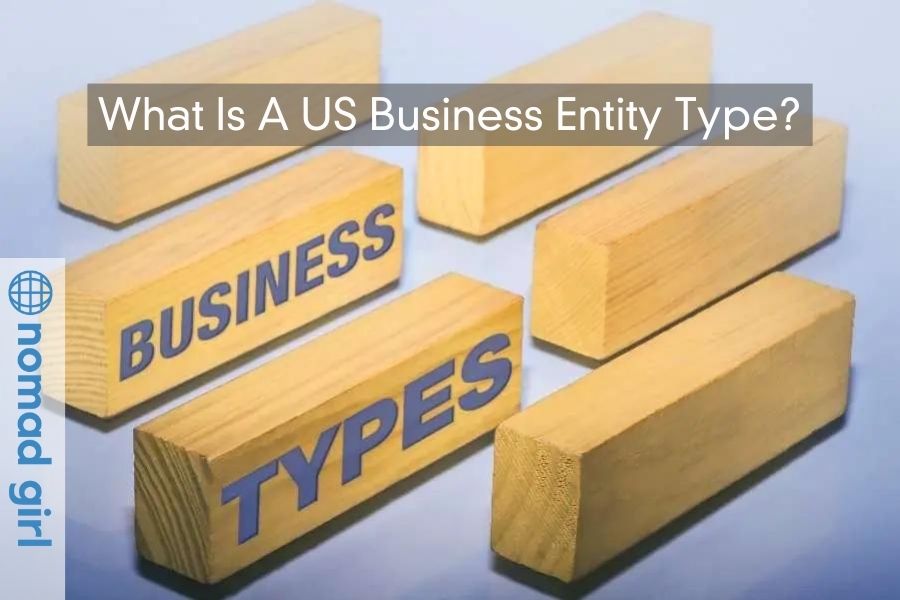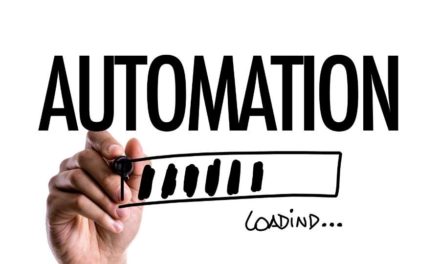When you file business taxes, you must specify what type of business entity it is. For example, the business might be a corporation, a sole proprietorship, or a limited liability corporation (LLC). When you start your new business, you must file the form to get an EIN number. EIN stands for Employer Identification Number, and it is for businesses what social security numbers are for individuals.
When you apply for the IRS-EIN-Tax-ID, you must choose which type of entity your business is. It is possible to change your entity type after the company is established, but it is a time-consuming process. Here are some of the entity types for businesses:
Sole Proprietor
You should apply for a sole proprietor tax ID number if you are self-employed. The sole proprietor category also applies if you work as an independent contractor, whether or not you have other employees working for you. You should also choose this entity type if you are a household employer, which means that you have a babysitter, home health aide, housekeeper, or other employees working for you in your home.
Corporation
A corporation is a business that is considered legally separate from its owners. It has its own “personhood,” its own assets, rights, and responsibilities. A corporation can have one or more owners, and it continues to exist indefinitely until formally dissolved.
S-Corporation
An S-Corporation is considered legally separate from its owners, but they are not taxed separately from it. By contrast, the owner of a corporation must pay personal taxes in addition to taxes on the business. Therefore, the S-Corporation entity designation is an attractive choice for many small business owners, because it lets them avoid double taxation.
These are the most common entity types for businesses. Other entity types recognized by the IRS include partnership, trust, non-profit organization, limited liability company (LLC), estate of deceased individual, church-controlled organization, and personal service corporation.


















